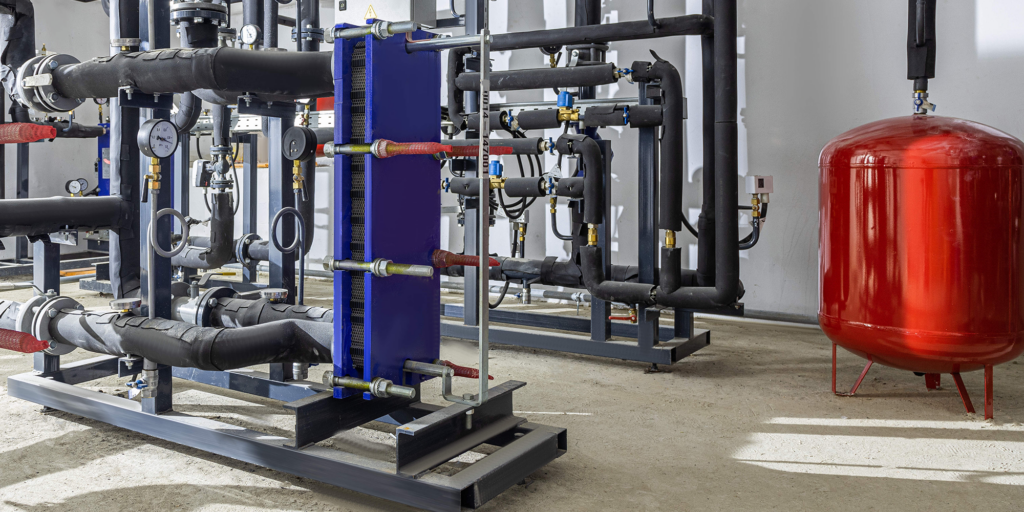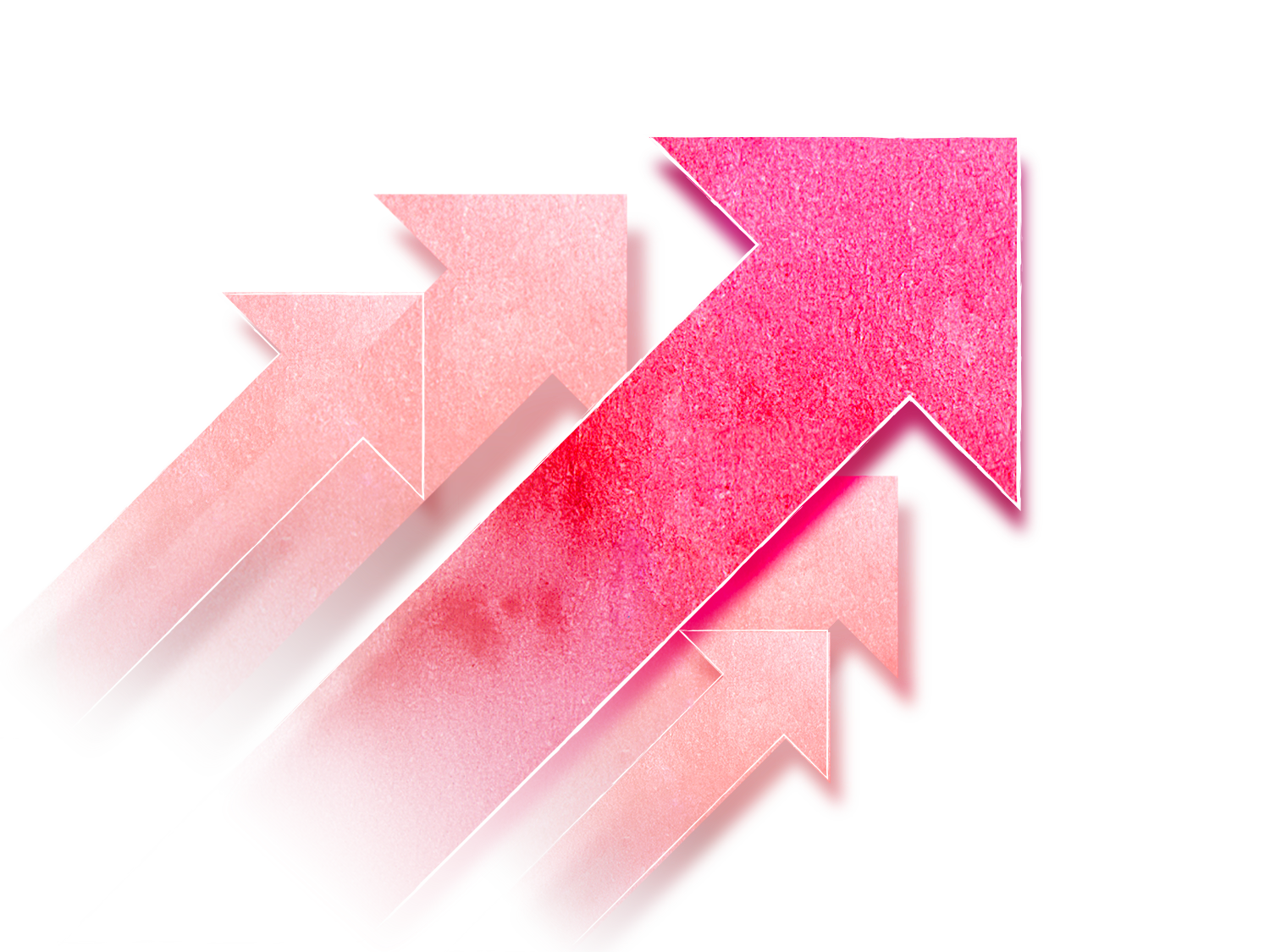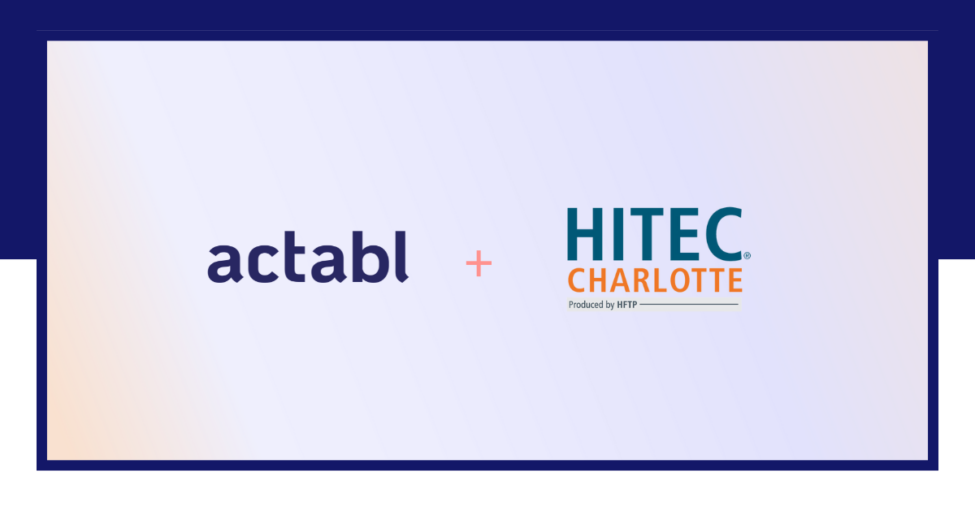
Why Is Preventive Maintenance So Important for Hotels?
Simply put, preventive maintenance leads to significant cost savings and a meaningfully improved guest experience. Regarding costs, one of the best ways to reduce hotel capital expenditures is to implement a preventive maintenance (PM) program. Such a program will help you extend the lives of your assets, anticipate upcoming maintenance needs, and define all preventive maintenance steps, building rounds, and scheduled activities necessary to minimize surprise breakdowns and ensure your facility is in peak condition for your guests.
We frequently hear from hotel managers who are hesitant to jump on board with implementing a proper PM program because of the upfront investment and effort required. However, it’s been proven that regularly performing PM produces long-term savings that end up paying for the initial investment over and over again. A study conducted by the U.S. Department of Energy estimates that from a pure cost standpoint, on average, preventive maintenance programs deliver 12% to 18% cost savings over reactive maintenance programs. “There is little doubt,” the study goes on to say, “that many facilities purely reliant on reactive maintenance could save much more than 18% by instituting a proper preventive maintenance program.” These savings come in the form of longer asset lives and improved energy efficiency, among other, perhaps, less obvious sources.
To illustrate the cost savings that can be produced by instituting a proper preventive maintenance program, lets take a closer look at one piece of equipment: the chiller.. A study performed by Jones Lang lasalle estimates that a centrifugal chiller, which costs more than $300,000, would last 23 years if maintained through proper PM but only 15 years if PM is not performed. That’s more than a 50% increase in the chiller’s estimated useful life. And that’s just one piece of equipment! Mulitply those savings over multiple chillers and multiple properties, and you’ll start to get an idea of the savings a proper PM program can generate for your hotel portfolio. By streamlining your hotel’s maintenance and scheduling repairs your assets will have a longer life span and you will save a ton of money in the long run.
Preventive maintenance (PM) is also critical in ensuring that the building’s equipment is running at optimal performance and energy efficiency. If your equipment is not performing optimally, you are not only jeopardizing the comfort and experience of your hotel guests, but you are also facing the consequences every month on your energy bill. Building operation and maintenance programs specifically designed to enhance the operating efficiency of the HVAC and lighting systems, for instance, can save 5% to 20% on the energy bill without significant capital investment. Completing a PM step like thoroughly cleaning the coil in a refrigeration unit will not only allow the unit to cool better but will also reduce the energy bill and prolong the life of the equipment – giving you a multitude of cost savings. Because of this, many companies choose to include tasks in their normal PM checklists that validate that these and other types of equipment are operating as efficiently as possible.
Reactive maintenance, or waiting for something to go wrong or breakdown, can also become extremely costly when critical equipment fails. This typically happens at the worst possible time. For example, the cost of a total HVAC failure in a hotel ballroom or meeting room would be huge. We are talking upwards of tens of thousands of dollars in rebates and potentially loosing future business. Often times the staff on property don’t have the skills or qualifications to repair the equipment and someone else gets called in generating yet another expense.
Relying on reactive maintenance is a gamble - not only with your hotel’s budget, but also with your hotel’s reputation. Any hotel that is not performing regular preventive maintenance is undoubtedly paying the price in shorter asset lives, an inflated energy bill, and a a suboptimal guest experience. And let’s face it, no one likes a huge surprise expense falling in their lap when they least expect it.
Now, setting up and executing on a good PM program requires time, resources, and effort; PM checklists, task lists, users, and schedules must be created and configured to suit your organization, and sufficient labor must be allocated to complete the monthly, quarterly, semi-annual, and annual PM, but the benefits of all of this effort significantly outweigh the costs. If your hotel is still gambling with a purely reactive maintenance program, it might be time to make some changes.
Transcendent is the hospitality industry’s leading provider of preventive maintenance, enterprise asset management, and capital planning software.







